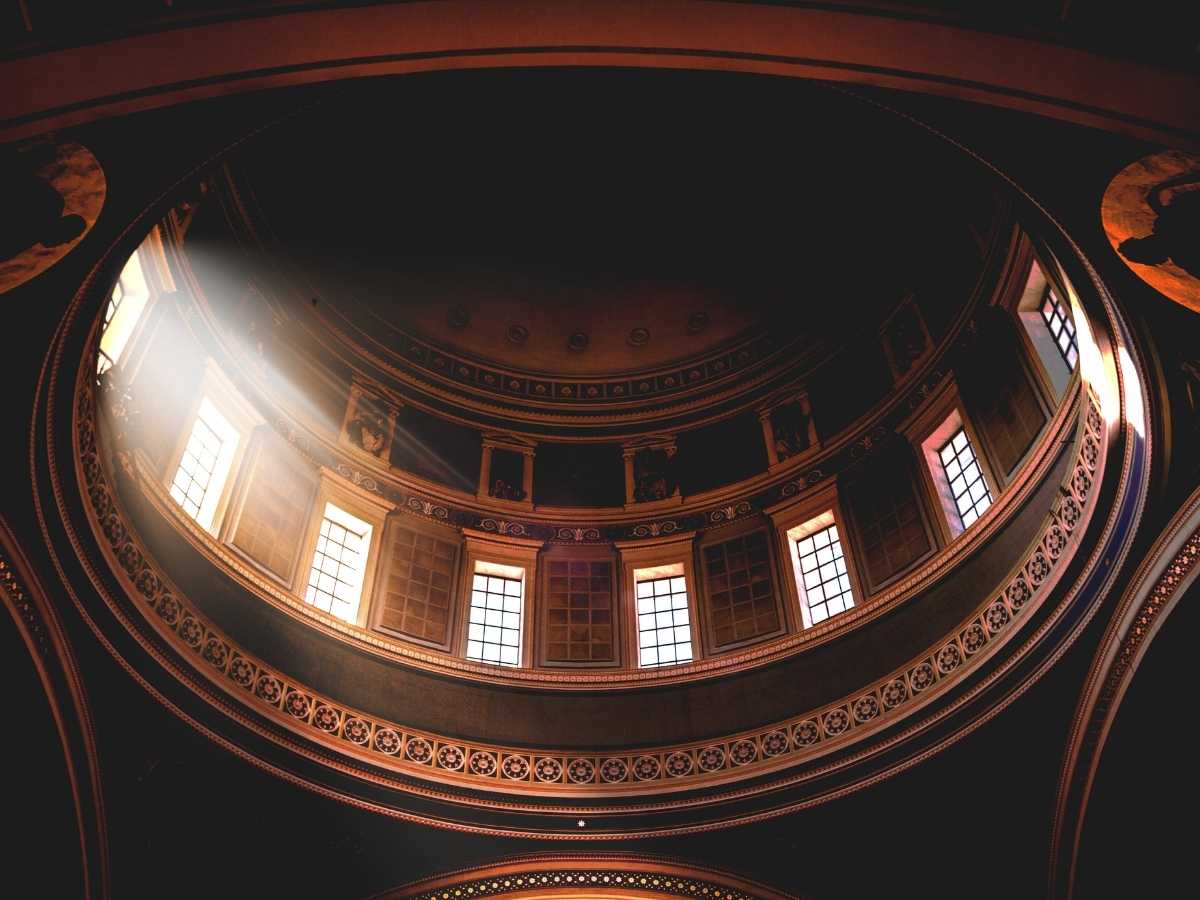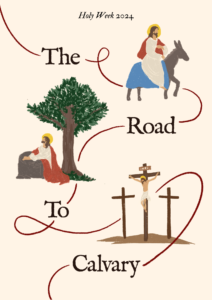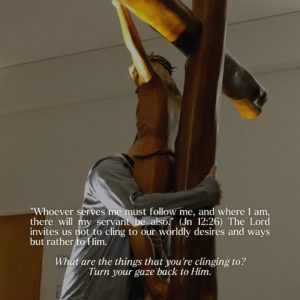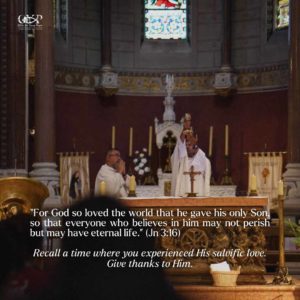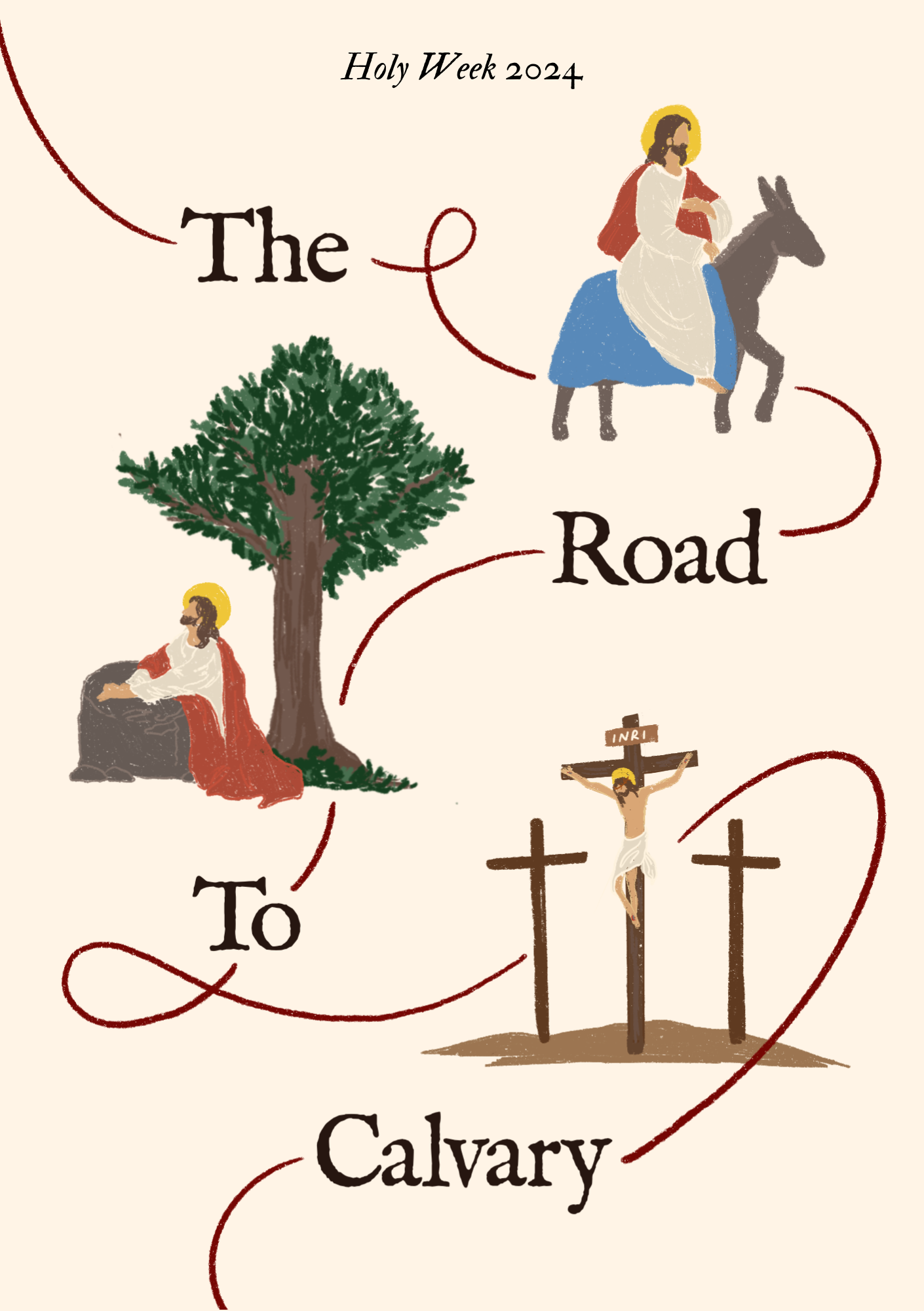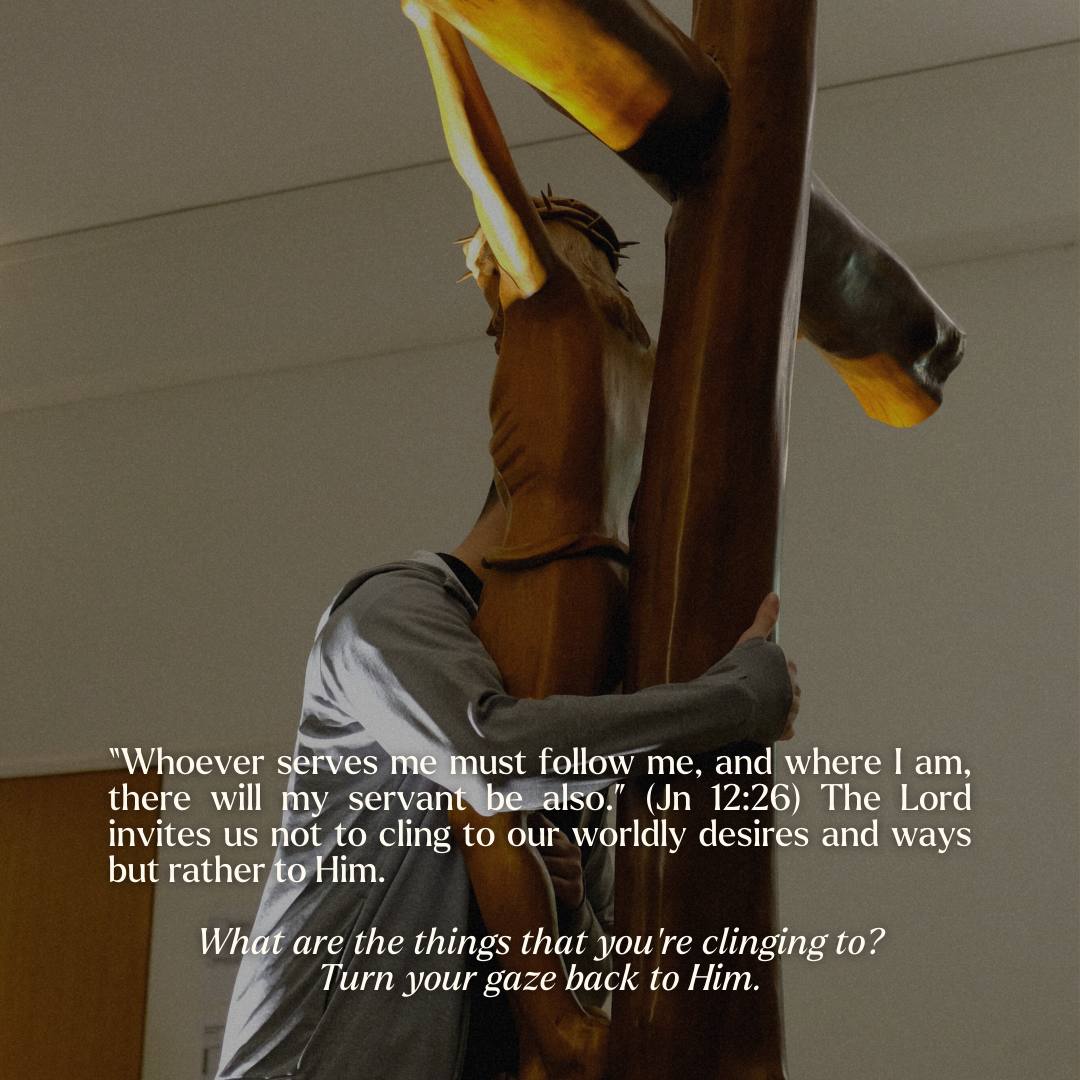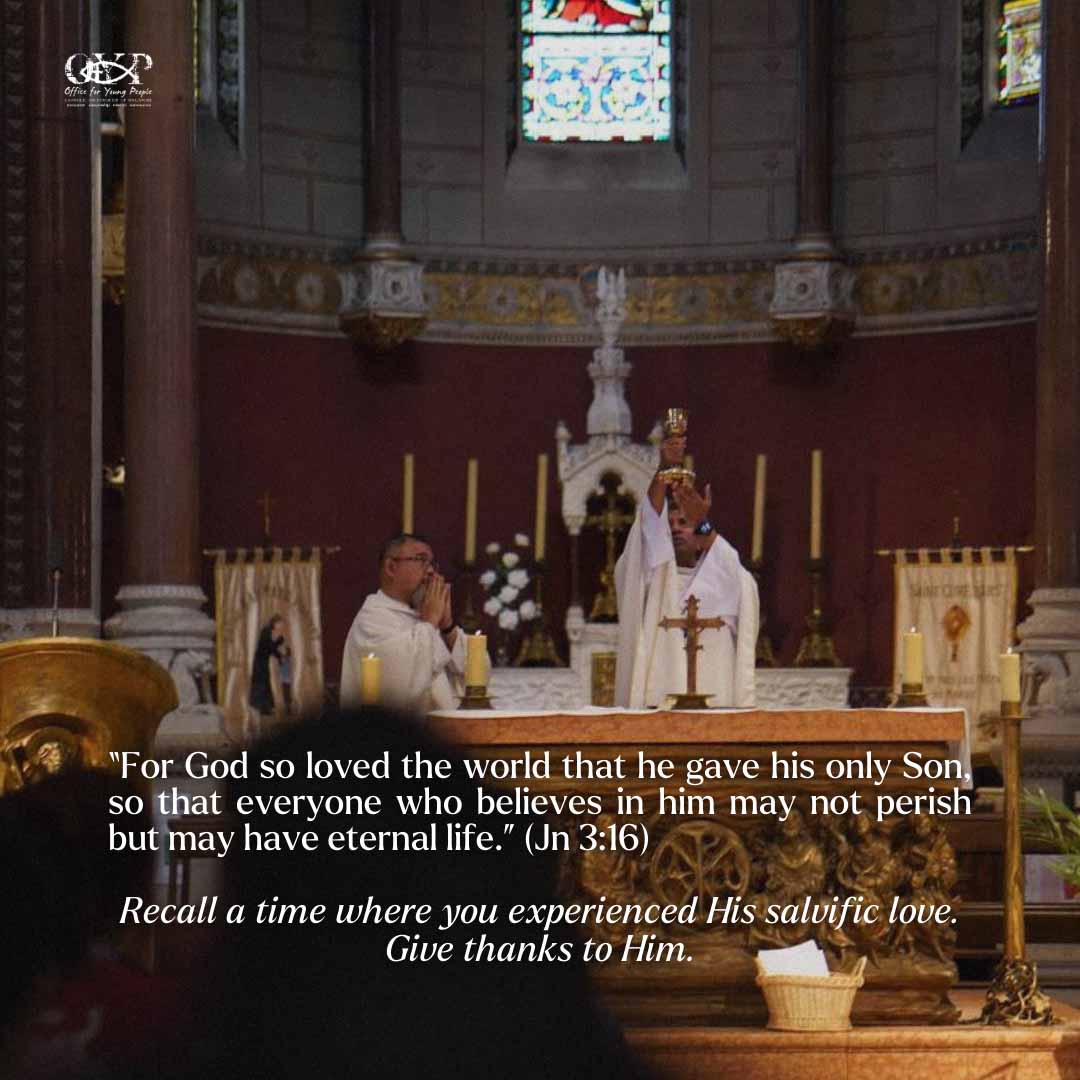By Elliot Ng and Ryan Ng
What is the point of the Church? Why do these Christians keep trying to talk to me?
The main purpose of the Church is to bring all people to knowledge of the truth and salvation in Jesus Christ. After His resurrection, Jesus commissioned us to “Go, therefore, make disciples of all nations; baptise them in the name of the Father and of the Son and of the Holy Spirit” (Matthew 28:19). Christians know this as ‘The Great Commission’. It was the mission of Jesus to bring men into communion with God. The origin of the Church lies in this mission of Jesus and the Holy Spirit. As such, the Church by its very nature is missionary (CCC #850). Notice how Jesus uses the words “all nations” in His great commission. He does so intentionally to indicate that His mission and the Church’s mission is universal in nature – not just for the Israelites, but for the entire world.
So why did Jesus institute the Church? The answer is simple: God’s love for all men. He “desires all men to be saved and to come to the knowledge of the truth” (1 Timothy 2:4) and this desire is borne out of the immense love He has for each of His children. This is why the Father sent the son. And this is also why the Church, being the mystical body of Christ in the world, continues to share in this mission of Christ – to bring all to know the love of the Father!
If the Church is not just a building, but a missionary community, then who exactly makes up the Church?
So who exactly is the Church? In CCC #836, it says that everyone is called to the unity of the People of God; “the Catholic Christians, others who believe in Christ, and finally all mankind, called by God’s grace to salvation” The word Catholic means “universal”, and the Church is Catholic because Christ is present in her. All are invited to be baptised into the Catholic Church to receive the “fullness of salvation”, from Jesus Christ through the Catholic Church. This means that everyone is invited to be in communion – in unity- with the universal, Catholic Church, professing the Catholic faith, partaking in the sacraments and joining in the visible structure of the Church under the authority of the Pope and bishops (CCC #837). As for non-Catholic Christian brothers and sisters, who do not profess the Catholic faith in its entirety, the Church recognises that those who ‘believe in Christ and have been properly baptized are put in a certain, although imperfect, communion with the Catholic Church’ (CCC #838).
The Church is also called the mystical body of Christ. Wow sounds fancy, what exactly does this mean? In His great commission, Jesus ends by saying “I am with you always; yes, to the end of time.” Christ promises to always be present to us. While Jesus has ascended into heaven, the Church as the mystical body of Christ means that Christ continues to be present to the world through His body, which is the Church. And it is through the body of Christ that the mission of Christ continues to be carried out. Salvation comes only through Christ, and thus the Church, being the body of Christ, bears in herself the means of the totality of salvation (CCC #868). The Church is the vehicle of salvation to the world. With this knowledge, it becomes clear why the Church must necessarily be missionary in its nature, for that is the entire purpose of its existence – to draw all men back to God. This mission is a mission of love, flowing forth from the Father’s love for all men and the desire for all men to know the depths of the Father’s love and be saved.

